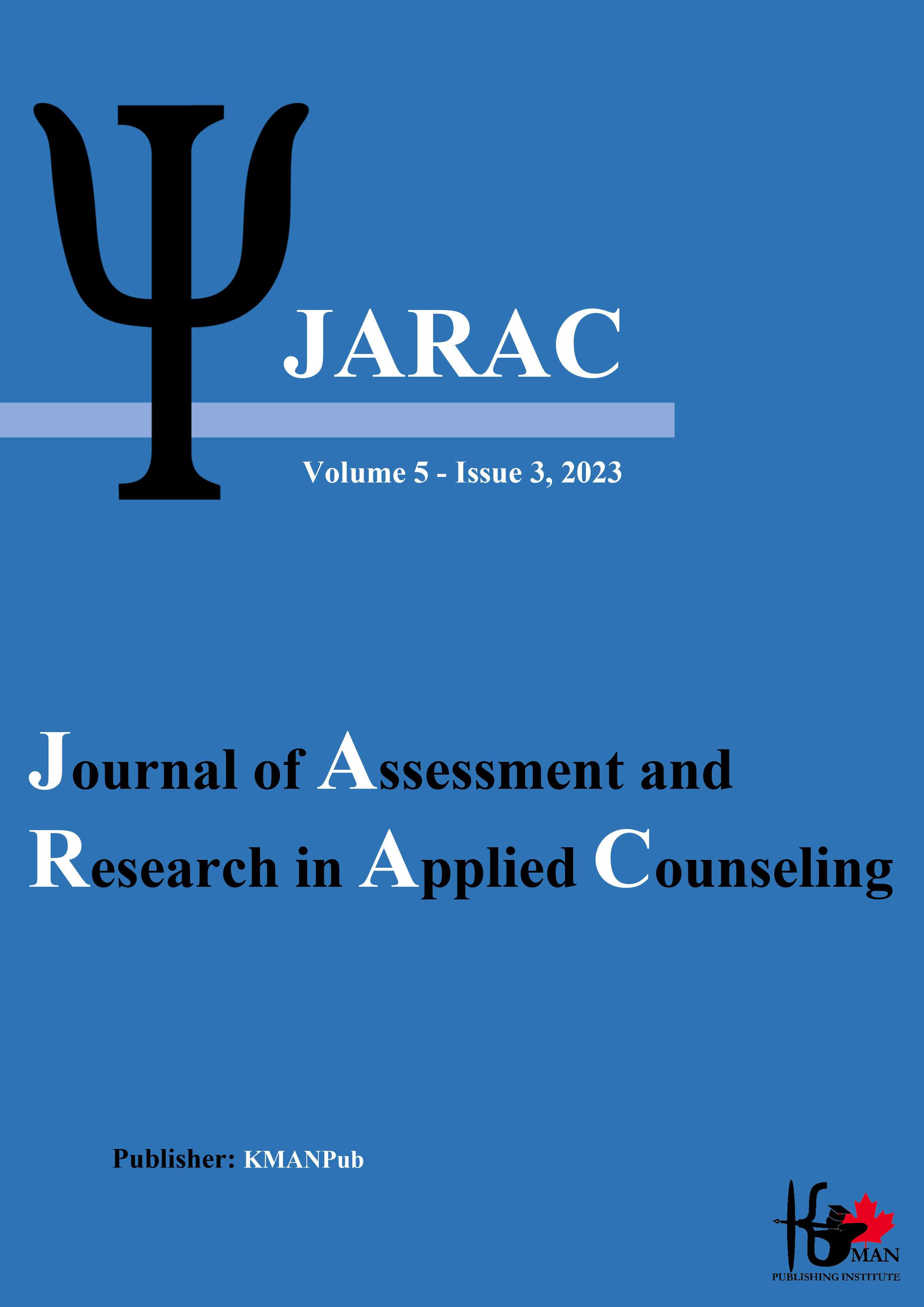The structural Model of Social Well-Being based on Social Responsibility with the Mediating Role of Perceived Social Support in HIV Patients
Abstract
This research was conducted with the aim of developing a causal model of social well-being based on social responsibility with the mediating role of perceived social support in HIV patients. The cross-sectional research method is correlational. The statistical population of the present study included patients with HIV who referred to behavioral counseling centers in Alborz province in 1400, 400 people were selected by available and voluntary sampling. In this research, tools of social well-being (Keys, 1998), social responsibility (Carroll, 2008) and perceived social support (Zimmet et al., 1988) were used. In order to analyze the data, SPSS-V25 and Smart PLS software were used. Also, in order to respond to the research hypotheses, structural equation modeling was used. The research findings showed that the model has a good fit. The results showed that social responsibility has a direct effect on the social well-being of HIV patients. Social responsibility has an indirect effect on the social well-being of HIV patients through perceived social support. Due to the fact that a person's satisfaction with the social support of the family prevents mental helplessness and as a result better social efficiency and a greater sense of responsibility for the health of the society, and because in this survey most of the researched units had weak social support, it is recommended by informing and educating the family of the affected; To improve the social welfare of these patients.
Downloads
Downloads
Published
Issue
Section
License
Copyright (c) 2023 Mona Mojtahedi , Iraj Safaei Rad, Hooshang Jadidi, Marym Akbari (Author)

This work is licensed under a Creative Commons Attribution-NonCommercial 4.0 International License.















